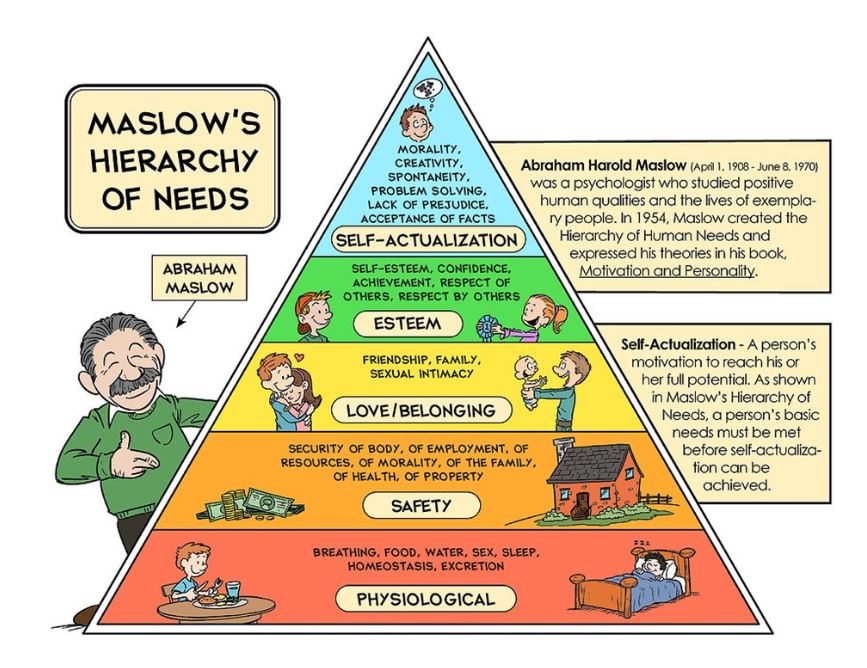B.F Skinner operant conditioning; we do not have free will, it is an illusion.The friction of free will. Suggesting that the environment has an effect on our behavior and other outside factors.
Schedule of reward: Instant gratification.
Propaganda vs Persuasion: Propaganda appears as overtly political and manipulative, whereas the process of persuasion often appears invisible at glance, subsequently revealed as invidious, suggesting concealment, strategy, manipulation.
Harold Lasswell: Propaganda technique in the world war (1917). This highlights the brew of ‘subtle poison, which industrious men injected into the veins of a staggering people until the smashing powers knocked them into submission.’
Shoshana Zuboff – early student of Skinner. Individuality and personal freedom – behavior modification.
Cambridge Analytica: Alexander Nix.

Stephen Glover from the Daily Mail, says “Who’ll rid us of these anti-Brexit grenade throwing bishops.” He says this through the right-wing newspaper The Daily Mail, to its audience who is said to be made up of lower-middle-class British women. This is to show a right-wing view that portrays anti-Brexit voters as “grenade throwing”.
Shannon and Weaver: there is more to a communication model than Lasswell`s process.
Paul Lazarfeld: Two step flow of communication (active consumption). Communication is not linear, but is active (1948).
Martin Moore: ‘people’s political views are not, as contemporaries thought, much changed by what they read or heard in the media. Voters were far more influenced by their friends, their families and their colleagues.’
Elihu Katz explains the Uses and Gratifications theory diverges from other media effect theories that question: what does media do to people?, to focus on: what do people do with media?

George Gerber: Cultivation theory- the idea that long-term exposure of violent media will lead to a distorted view that the world seems more violent than it actually is.
‘Television cultivates from infancy the very predispositions and preferences that used to be acquired from other primary sources‘
Stuart Hall – The theory of preferred reading: proposed the encoding/decoding model of communication, or the theory of preferred reading, where individuals are not only active in the process of interpretation and the construction of meaning, but they are also able to dismiss and reject dominant messages.
Clay Shirky: The End of Audience – no mass audience, only a huge group of individuals.
